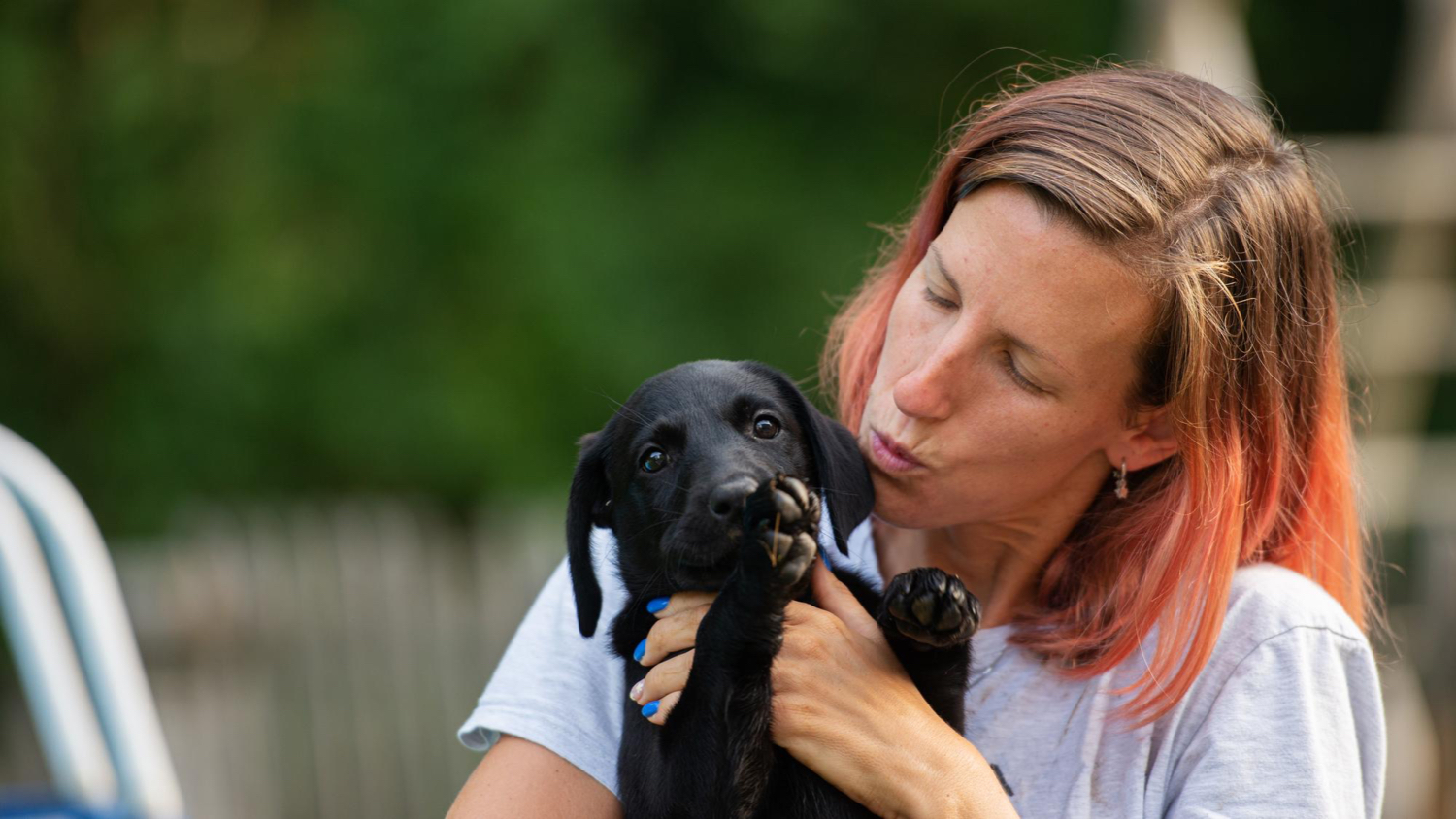A freshly minted dog owner or someone who is just about to join the group of owners of these charming pets often feels lost in the maze of cynological truths, half-truths and myths. Although the Internet is a mine of knowledge on literally every subject, it’s hard to separate reliable information from nonsense – especially if someone is just starting to be interested in a given issue. Today I would like to present you with 5 pieces of advice for dog owners, especially for beginners, but probably not only.

Choose the breeder wisely
Without a doubt, a good and responsible breeder is a treasure. When you buy a dog from a real breeder you can count on the fact that the animal will be healthy and well cared for, properly socialized from the first weeks of its life, which will make the start in the new home much easier. However, the role of a breeder should not end with issuing a puppy to a buyer, especially as life with a dog can become a real challenge. A puppy and later on an adult dog may cause upbringing problems, need specialised training, treatment or even change home. It is very important to have contact with the breeder throughout the dog’s life and to trust him. It is extremely important to have a relationship with the breeder throughout the dog’s life and to trust him or her so that he or she can always offer advice and be the first person the dog owner turns to for help.
Save for emergencies
Even the best-kept and best-loved dog can have something happen to it. Like an accident that results in the animal needing expensive, specialist treatment. Right now, immediately. Although it doesn’t sound too optimistic, when deciding to bring home a dog, it’s worth considering such an unpleasant eventuality and preparing for it financially in advance – at least to some extent, because veterinary services are very expensive. It’s best to have some money put aside before buying a puppy or going to a shelter, just in case.
Take your time
Usually, when the long-awaited dog finally comes home, people have their heads full of ideas about their life together, hopes, expectations and ideas for a whole lot of activities. Of course, there is nothing wrong with it, as long as all these thoughts don’t hurt the first months of life with a dog.
At the beginning of your life together it’s worth being patient – let your dog get to know the world and learn about life (and other things) at its own pace. It is especially important in the case of sports dogs, which are bought for training in a specific discipline. I’m not against working with puppies, I just think that you have to choose the challenges posed to them wisely and turn the screw slowly. With a puppy gifted with a natural desire to please the handler, it’s easy to overdo it – especially since such a dog is unlikely to say that it has had enough, but will run after a toy or eat sausages out of your hand until the end. Therefore, calmness and patience are the most important features of a dog guide, at least at the beginning, because you can always push and accelerate, but you won’t be able to return.
Teach your dog the cage
A kennel cage often seems to first-time dog owners like a dangerous, medieval torture device, a veritable barbarism. Meanwhile, it is a wonderful tool that makes life very easy for both man and dog. Provided, of course, that it is used wisely and is properly introduced.
The ability to rest calmly in a cage makes it possible to provide your dog with comfort and a sense of security in many potentially stressful situations, such as being left in an unfamiliar place (a hotel room, a tent at an exhibition or competition grounds) or having a complete restriction of movement in case of injury. The cage is also useful when raising a puppy. A puppy left at home in a kennel will certainly not hurt itself in the absence of its owners, e.g. by knocking over a heavy object. A dog owner, on the other hand, can rest assured that their pet is not harmed and their possessions are protected from damage.
Don’t compare yourself to others
That five-month-old puppy is already smashing the second obedience class, but yours still can’t quite get to his feet? Your friend’s less-than-a-year-old dog is chasing a frisbee like a real old pro when it comes to plastic plates? A dog that has just come from a kennel knows more tricks than the one you have lived with for two months because you are still working only on recall? It doesn’t matter. It isn’t. So no matter where you go work at your own pace and don’t compare yourself to others. Let the internet and your friends be your source of inspiration and motivation for action, but never your goal.
When it comes to the well-being of a living creature, it’s worth listening to what those more experienced in the field have to say. These 5 pieces of advice are a drop in the ocean, but I think they are a good start for someone diving into the cynological world for the first time.
